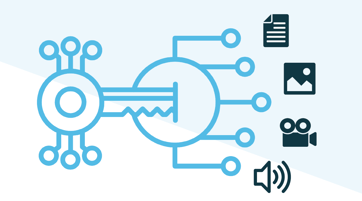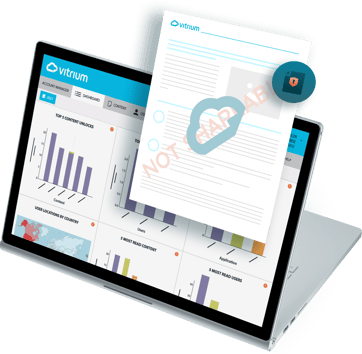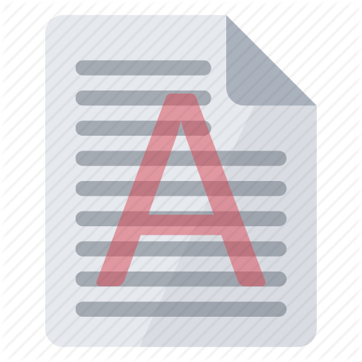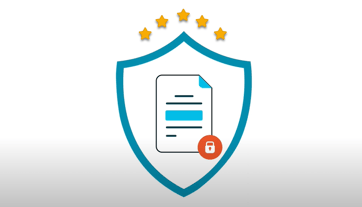Protect and control your PDF documents and PDF content without having to install software, plug-ins or readers. Protectedpdf creates reader-friendly protected PDF documents.
Gating Online Content - What Are My Options?
It seems that PDF content publishers see the issue of gating content to be either black or white, gated PDFs or un-gated PDFs. They throw their arms up in the air, unable to agree on whether it is best to gate content to generate sales lead information or leave the content open. Hiding electronic content behind a web form is known as “gating” content, whether it is in the form of a white paper, data sheet or case study. Effectively, you are only allowing access to that information if the reader is willing to provide a wide range of their personal information to you. Many online marketers use this as a lead generation source, collecting as much information as possible from the reader in exchange for access to their white paper or data sheet. The downside of this lead generation tool is that up to 95% of readers will abandon a site if they come across a web form. On the other end of the spectrum, ePublishers can choose to leave their electronic content un-gated, so as to disseminate their content freely and get their ideas out there. The obvious hitch in this practice is that the publisher will have absolutely no idea who is reading and downloading their PDF documents or if anyone is even interested in them at all.
Now consider the last time you were in line at the grocery store, or browsing bookshelves at your local bookstore. Is the literature available there hidden behind an obscuring wall, and the only way to see it is to pay for it first? No! Are you able to pick up your favorite magazine or book and walk out of the store without paying for it? No (unless you don’t object to shoplifting). Print publishers have picked up on something that many electronic publishers haven’t yet– the reader likes to browse content before committing to the purchase. Why do you think grocery store checkout lines are lined with glossy gossip magazines with enticing covers (who wouldn’t be a little curious when a cover screams “LEWD” and “SCANDAL”)? Because the bored shopper is going to pick up that magazine, start reading a juicy article and be interrupted by the cashier. At this point, that shopper is forced to choose between putting the magazine back in the rack or paying for it just to find out if anymore of Tiger’s alleged mistresses have come forward. Essentially, the magazine publisher has hooked the reader by giving them a preview of the material before asking that the reader pay for it or move on.
The same concept is employed at bookstores – anyone can pick up a book and start reading through it, some stores even provide comfy chairs to encourage shoppers to do this! Readers are given the opportunity to decide whether they would want to read the whole book, but do not have enough time to read it cover to cover, put it back and walk out of the store. Bookstores are encouraging their shoppers to browse, as this will result in more sales than by forcing their customers to choose blindly.
By now you may be asking if is it even possible for ePublishers to give readers a taste of their PDF documents without losing the “sale” altogether (and by sale, the reader is exchanging their personal information instead of money for access). Instead of gating all content right from the start with a web form, readers should be allowed access to a few pages of content before being asked for their name and email. The reader can better decide if they think the remaining content is of value to them, making it more likely that they will provide their personal information in exchange for complete access. If the document is gated at the beginning, readers won’t have enough information to decide if it will provide them with enough value to give up their personal information; if the document is completely un-gated, then the publisher won’t reap any reward other than disseminating their ideas and hoping someone reads it.
So don't throw up your arms in exacerbation, unable to decide whether to hide your PDFs behind a web form or leave it open for easy access. There is another way! Give your readers a taste of what is to come and let them decide if it's worth it to give up their names and emails. Chances are, you'll see an increase in form fills with legitimate information almost instantly.
As a PDF content publisher, what has your experience been with gated and un-gated documents?




